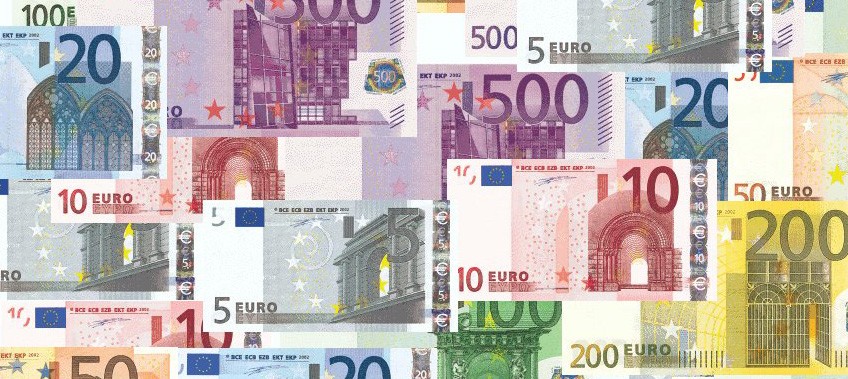
How the Falling Euro Effects the Asian Markets
The Euro Zone may feel like a long way from Asia, but the effect that political events and the currency fluctuations are certainly felt across the Asian Money Markets. The recent victory in the Greek General Election by the Syriza Party, a party that could potentially lead a rebellion against austerity measures resulted in the Euro falling to its lowest level against the Japanese Yen and other Asian currencies, not to mention the US dollar in more than a decade although it did rebound slightly a few days later.
The effect of the falling Euro or any other major currency for that matter can have a number of deep seated affects on countries and their money markets as, by definition it means the strengthening of their currencies. This can have serious, negative consequences for countries such as Japan who rely heavily on exports. Fewer goods will be sold so this will put pressure on the price of stocks and in extreme cases, increase a company’s vulnerability to hostile takeover bids. On the other hand, lower priced stocks are more attractive to speculative investors who are looking for quick gains and this leads to higher volatility. Lower exports can, as a consequence, result in home markets stagnating with less input ‘cash’ resulting in lower general sales. Longer term, this can affect the balance of payments of the country in question.
On the flip side of the coin, a stronger currency is a good thing for developing countries that rely heavily on imports. Goods from overseas, in the case from countries in the Euro Zone will be potentially cheaper. This can lead to greater overseas investment (if the effects are seen as being long term) improving the local economy by providing jobs and, with training, creating skilled labour. The can lead to sustained growth in the overall economy. The downside of this will be the resulting inflation although rising wages in real terms should counter this. Stocks in these countries are likely to rise as the economies will be seen as strong. Initially the effect on the balance of payments will be negative although longer term, with investment; it will see a rise in exports.
As a general rule, although political and social events do have an impact on the value of currencies, unless they are seen as a major events such as wars or events that result in sanctions, it is usually the previous quarter(s) performance that has more bearing long term.
The effect of the Greek General Election is likely to be short lived once the true intentions of the party become evident. The longer term outlook for the Euro will have a more significant effect on it’s performance against other currencies although, in reality the currency seems far more stable now than 12-18 months ago.


Leave a Comment
You must be logged in to post a comment.